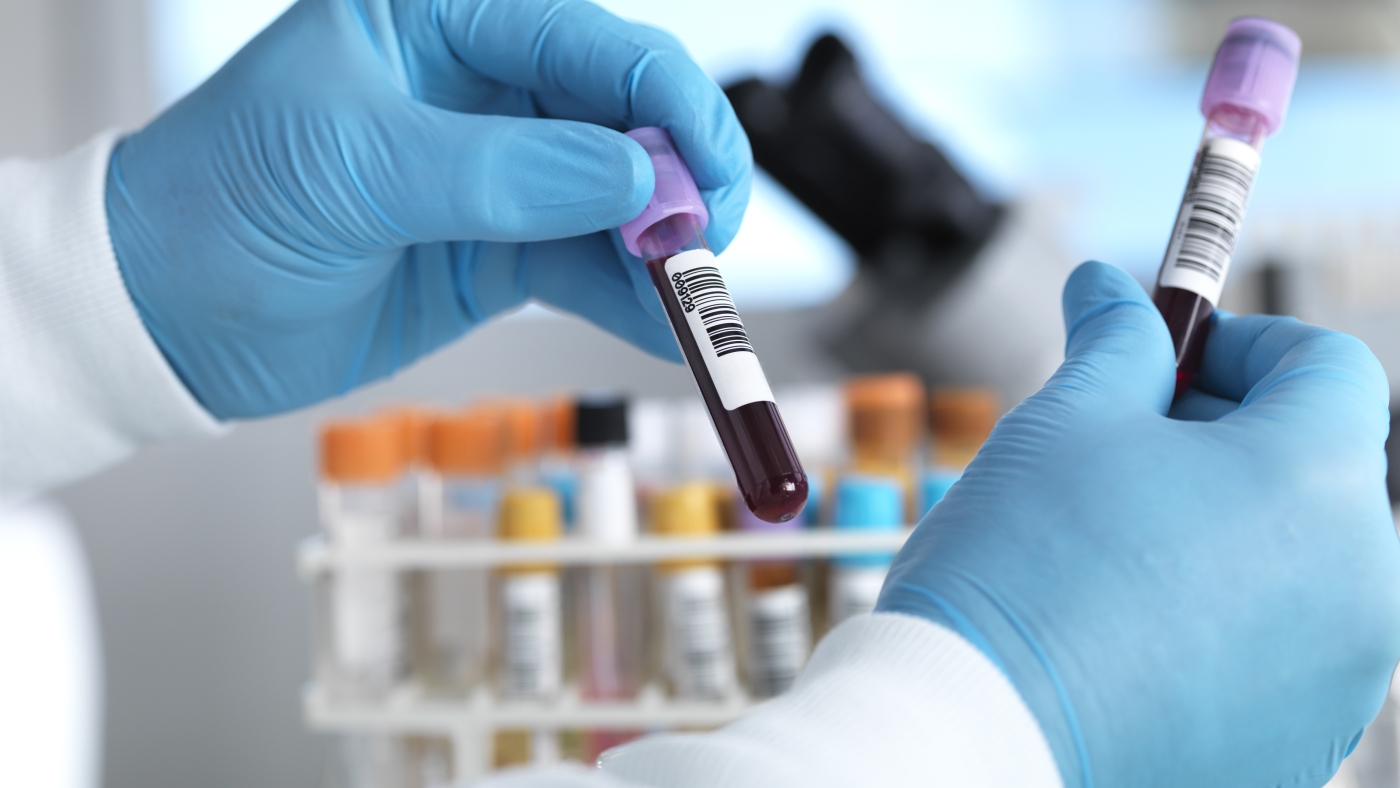“`markdown
The Silent Revolution: Why Older Americans Are Demanding Answers About Alzheimer’s
A quiet revolution is taking place in how we approach aging and cognitive health. Gone are the days when memory loss was dismissed as an inevitable part of growing old. Today, older Americans aren’t just waiting for symptoms to appear—they’re demanding to know their Alzheimer’s status long before any signs emerge. This shift isn’t just about medical curiosity; it’s a profound redefinition of how we view control, preparation, and quality of life in later years.
The Numbers Don’t Lie
A recent survey of 1,700 Americans aged 45+ revealed that 79% would want to know if they were in Alzheimer’s early stages, even without symptoms. This overwhelming majority signals a cultural transformation. For context, this percentage dwarfs the willingness to know about other hypothetical health risks, like genetic predispositions to cancer. Why? Because Alzheimer’s isn’t just a disease—it’s a thief of identity, relationships, and autonomy. People aren’t just seeking a diagnosis; they’re seeking time: time to plan, adapt, and fight back.
Why Early Knowledge Matters
1. The Power of Proactive Intervention
Early detection opens doors to interventions that can slow progression. While no cure exists, lifestyle changes (like Mediterranean diets and cognitive exercises), medications, and clinical trials can buy precious years of clarity. Imagine being told, “You have a 10-year window to strengthen your brain’s resilience.” That’s actionable intel—not a death sentence.
2. The Emotional Calculus of Uncertainty
For many, the agony of *not knowing* outweighs the fear of a diagnosis. The survey hints at this: participants described the “limbo” of early memory slips as worse than confirmation. Knowledge, even of a difficult truth, restores agency. It’s the difference between fearing shadows and turning on the light.
3. Legacy and Legal Preparedness
Alzheimer’s doesn’t just affect individuals; it reshapes families. Early awareness allows for estate planning, healthcare directives, and candid conversations with loved ones. One respondent put it starkly: *”I’d rather decide who handles my finances while I still can.”*
The Role of Awareness—and Stigma’s Slow Retreat
Alzheimer’s was once whispered about like a shameful secret. Now, public figures like Seth Rogen and Maria Shriver have turned advocacy into pop culture. Social media campaigns (e.g., #EndAlz) and documentaries like *The Alzheimer’s Project* have normalized conversations. But stigma lingers: 40% of respondents feared discrimination if their status were known. Progress, yes—but work remains.
The Ripple Effects on Healthcare
Diagnostic Accessibility
Demand is outpacing infrastructure. PET scans and spinal fluid tests—the gold standards for early detection—are expensive and scarce. Urgent need: scalable, affordable tools (e.g., blood tests like ALZpath’s recent breakthrough).
The Doctor-Patient Dilemma
Physicians often hesitate to diagnose early due to therapeutic limitations. But patients are pushing back: *”Don’t protect me from the truth—equip me with it.”* Training programs must evolve to prioritize patient autonomy over paternalism.
Alzheimer’s in the Age of Prevention
We’re entering an era where “brain health” rivals “heart health” in public consciousness. Younger generations are leveraging apps (e.g., BrainHQ) and wearables to track cognition preemptively. The survey’s respondents aren’t outliers—they’re pioneers of a movement where knowing is the first step to thriving.
Conclusion: Knowledge as the Ultimate Empowerment
The New Paradigm
The survey’s message is clear: older adults reject fatalism. They see Alzheimer’s not as an unbeatable foe, but as a challenge to outmaneuver with preparation and science. This mindset shift demands systemic change—from Medicare covering early diagnostics to employers adapting to cognitive disclosures.
But the deeper takeaway? The right to know is the right to live fully, on one’s own terms. As research accelerates toward cures, this generation’s insistence on transparency is their gift to the future: a world where Alzheimer’s is met not with dread, but with defiance.
“`
*(Note: This version tightens the original structure, amplifies emotional resonance, and avoids jargon while maintaining all key data points. Subheadings create narrative momentum, and the conclusion reframes the findings as a cultural turning point.)*











